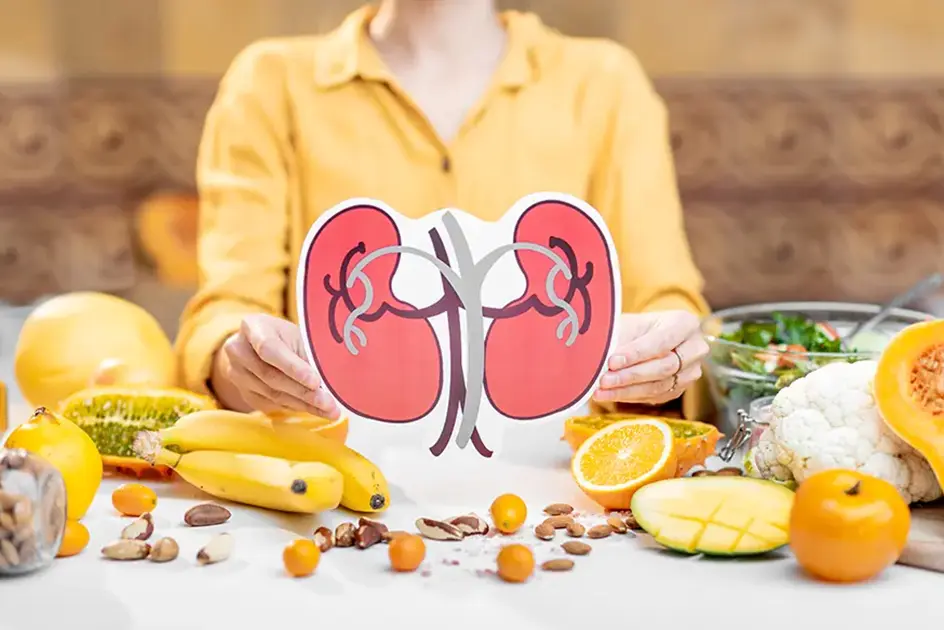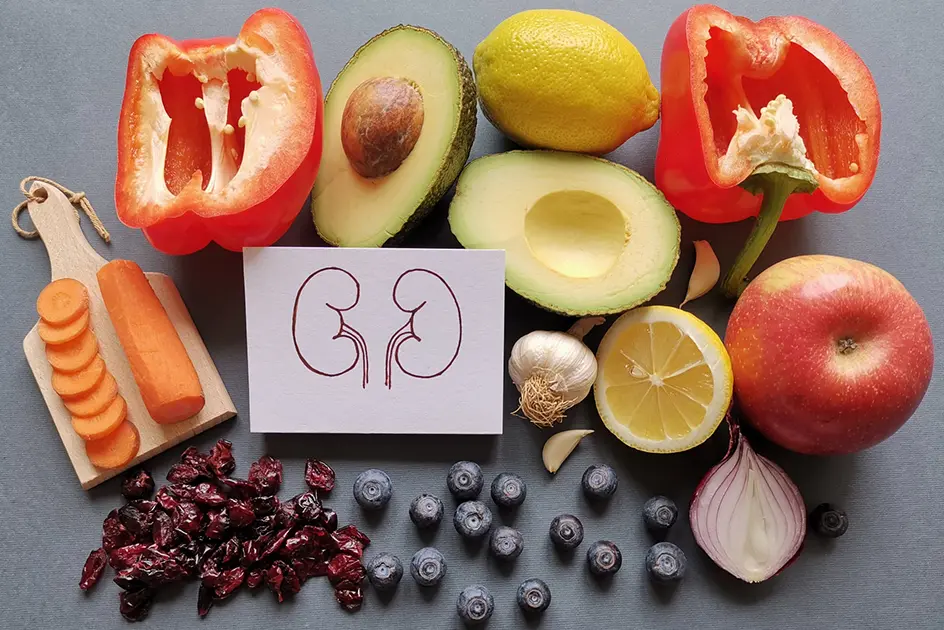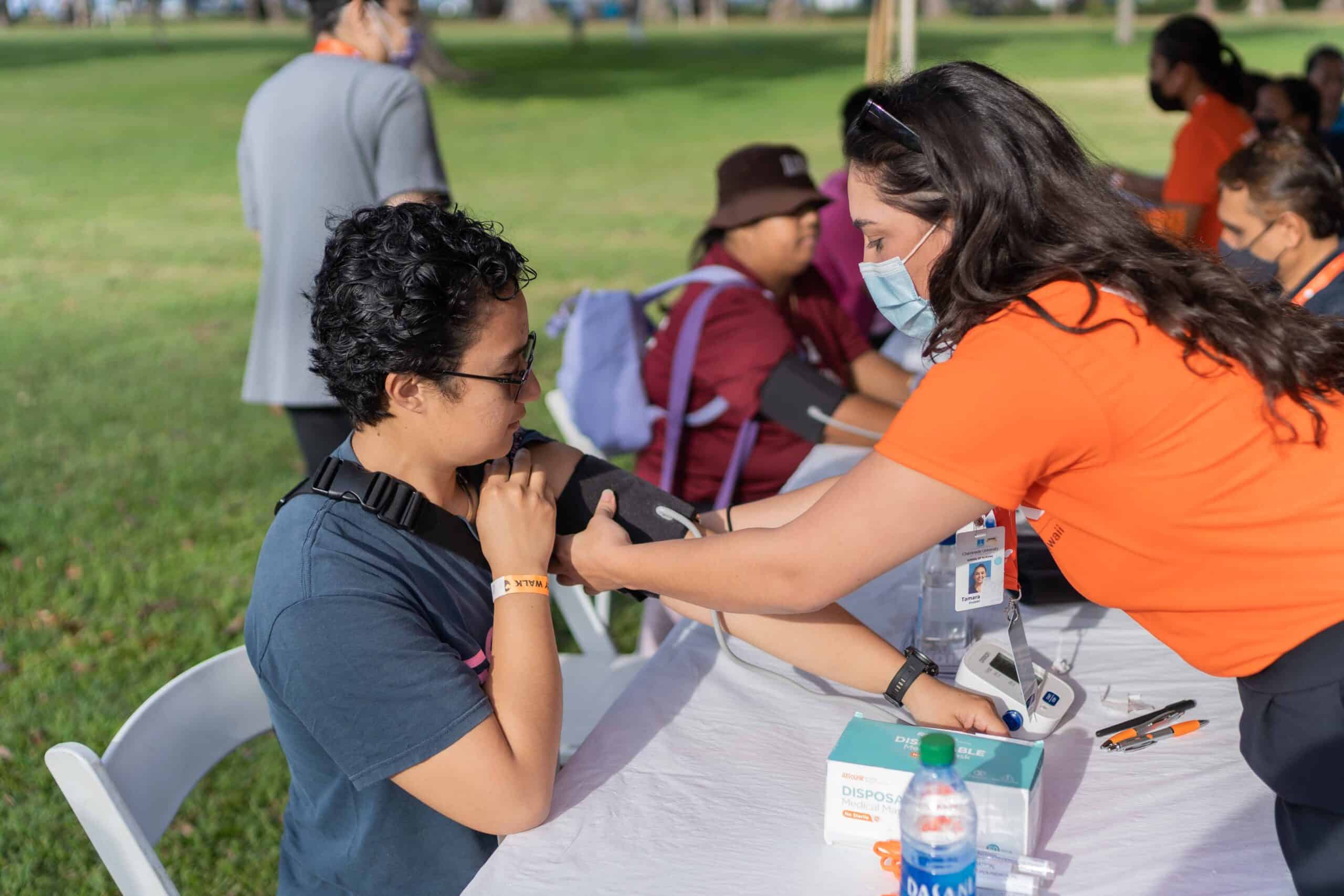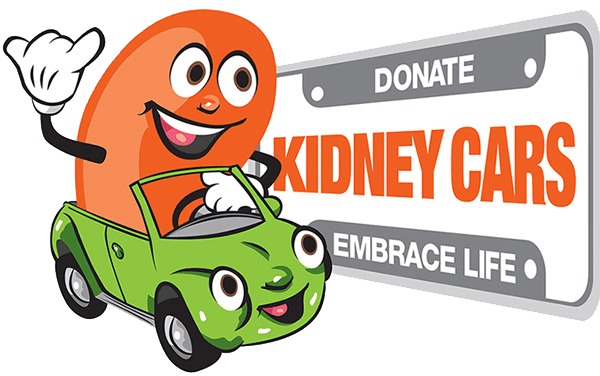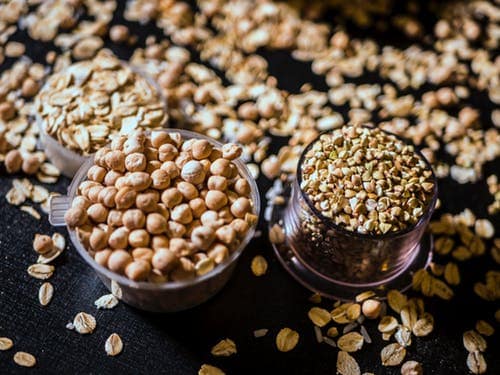You probably have seen articles and books on the health benefits of a lectin-free diet. But is there any truth to these claims? Although the research on lectin is still emerging, preliminary studies have revealed potential health benefits of lectin consumption and little evidence of harm.
Lectins are naturally occurring plant proteins that bind to carbohydrates in the gut. Some foods that contain higher amounts of lectins are beans, pulses, grains, fruits and vegetables (e.g. potatoes, tomatoes, sweet potatoes, zucchini, carrots, berries, and watermelon), nuts, coffee, chocolate, and some herbs and spices (e.g. peppermint, marjoram, and nutmeg). Pulses (the edible seeds of the legume family including dry beans, dry peas, chickpeas and lentils) and grains contain the highest amounts of lectin. Lectins serve a protective function for plants as they grow and don’t have any nutritional value when consumed in foods.
Lectins in food can be toxic, but only if eaten raw. Lectin-rich foods we consume, like grains and legumes, are almost always cooked, which means they contain negligible amount of lectins and are safe to eat for the majority of people. Cooking destroys most of the lectin in foods and weakens its ability to bind to cells. In fact, boiling legumes in water destroys almost all lectin activity. It would not be beneficial to eliminate an entire food group since whole grains and legumes are good sources of B vitamins, iron, and fiber, which are often difficult to get in some restrictive diets such as a gluten-free diet.
No scientific evidence exists to show that eliminating dietary lectins will cure any diseases. Some research shows that taking in large quantities of raw lectins could have negative health effects. However, the amount you’d need to consume to get to that level is much higher than you would typically consume. Given the strong scientific data that supports the health benefits of pulses, nuts, fruits, and grains, and lack of scientific evidence on the harmful effects, it would be nonsensical for any dietetic professional to recommend a lectin-free diet. Of note, most of the studies on lectin were conducted using animal trials, not human. As set forth by the 2015–2020 Dietary Guidelines for Americans, registered dietitians (RDs) should promote a well-balanced, varied diet filled with whole grains, fruits, vegetables, low-fat or nonfat dairy, lean protein, and healthful fats.
If you’re eating a diet that includes a variety of foods and you’re having symptoms that make you feel unwell, it can be difficult to pinpoint the source of the problem on your own. It could be a food allergy or intolerance, or it may not be related to your diet at all. Bacterial infections, inflammatory bowel disease (IBD) colon cancer, or autoimmune diseases may alter the intestine in a way that may cause some foods to be problematic. However, this does not mean that lectins are harmful for the general population. If you’re in that situation, consider working with a registered dietitian or your health care provider to sort out the cause of your symptoms. A dietitian may recommend, for example, a short-term elimination diet, which involves excluding certain categories of foods that tend to cause allergic reactions most often. Once those foods have been taken out of a diet, they then can carefully be reintroduced in an effort to identify possible causes of food-related symptoms.
Rather than using a generalized approach and trying to apply it to everyone — such as avoiding all food with lectins — a diet that’s devised and overseen by a dietitian can be customized to accommodate a person’s individual food sensitivities. This will typically yield better results in the long term than just avoiding a certain type of food or ingredient and hoping to feel better.
This information is meant to be used as a resource and is not meant to replace medical advice. For more information, contact programs@kidneyhi.org.
Reference:
https://www.todaysdietitian.com/newarchives/1017p10.shtml
https://connect.mayoclinic.org/page/gastroenterology-and-gi-surgery/newsfeed/know-your-lectins-1/

